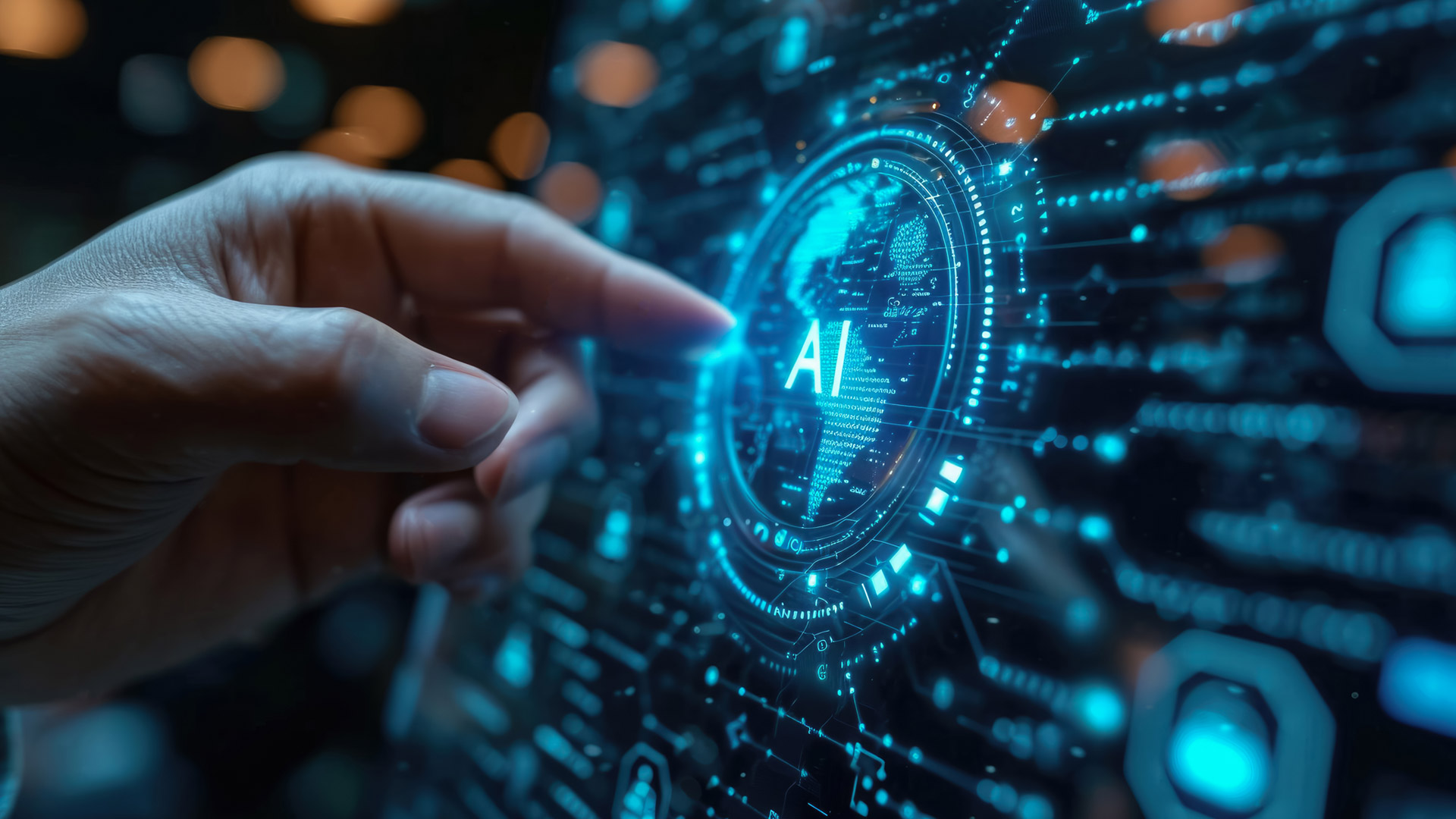
Amidst the unbridled race towards artificial intelligence (AI) supremacy, a defining incident unfolds, epitomizing the concerns and ethical considerations haunting the corridors of AI research. The resignation of Daniel Kokotajlo from OpenAI, a beacon of progress in the AI domain, is not just a professional decision but a resonant alarm over the industry's trajectory towards AI development. This article delves into the multifaceted aspects of this event, unraveling its implications for the tech industry, its cultures, and the overarching societal stakes in the AI arena.
In April, the tech community was jolted by an unexpected announcement: Daniel Kokotajlo, a distinguished researcher at OpenAI, had stepped down. His resignation wasn't a silent departure but a loud proclamation of his disapproval of OpenAI's handling of AI's security and ethical implications. Kokotajlo's departure throws a spotlight on the undercurrents of concern among AI insiders about the paths we're taking in harnessing this formidable technology.
Kokotajlo's statement highlighted a profound loss of faith in OpenAI's capacity to navigate the treacherous waters of AI development responsibly. According to his reflections on the online forum "LessWrong," this was a decision not made lightly but after significant contemplation over the risks AI poses if not carefully managed. His critique of the prevailing "move fast and break things" ethos in the tech realm, especially concerning AI, points to a broader industry-wide reckoning with the need for a more deliberate and conscientious approach to innovation.
Kokotajlo criticized the tech industry's dominant culture, which prioritizes rapid development over thorough understanding and mitigation of risks. This critique is especially pertinent in the context of AI, where the stakes—ranging from ethical dilemmas to existential threats—are incomparably high. His perspective underscores an urgent need for a paradigm shift in how we approach technology development, advocating for a culture that values safety and ethical considerations as much as innovation and speed.
The aftermath of Kokotajlo's resignation revealed a contentious battle over the ethics of non-disparagement agreements. OpenAI's attempt to silence Kokotajlo, threatening his vested equity worth $1.7 million, has brought to light a troubling industry practice. The public apology from OpenAI's CEO, Sam Altman, although mollifying some immediate backlash, leaves unanswered questions about the prevalence of such coercive agreements and their legal and ethical standing, particularly under California law.
The media's swift movement past OpenAI's legal faux pas, without delving into the illegality of such nondisclosure agreements under California law, reflects a concerning trend of overlooking significant ethical and legal issues in favor of corporate narratives. This scenario propels us to question the efficacy of our current legal frameworks in protecting employees' rights to voice concerns over practices that may have far-reaching consequences for society at large.
In the wake of his departure, Kokotajlo and others have championed the "Right to Warn" pledge, a clarion call for ethical accountability and transparency within the AI industry. This initiative seeks to empower employees to raise alarms over unsafe practices without fear of reprisal, advocating for the revocation of non-disparagement clauses, the establishment of anonymous reporting channels, and the promotion of a culture that encourages open criticism and discourse on safety concerns.
The "Right to Warn" pledge outlines a comprehensive approach to fostering an environment where ethical considerations are paramount. By urging companies to commit to transparent practices and protecting whistleblowers, the initiative aims to bridge the gap between rapid technological advancement and the need for ethical oversight. This pledge, if embraced by the AI industry, could mark a significant step toward ensuring that AI development aligns with public safety and ethical standards.
Kokotajlo's resignation and the subsequent discourse underscore a critical vulnerability in the current trajectory of AI development: the absence of effective regulation. The pursuit of artificial general intelligence (AGI) without a framework for ethical oversight poses unrecognized and potentially catastrophic risks. This situation highlights the urgency of establishing comprehensive regulatory mechanisms that ensure AI technologies are developed and deployed in ways that prioritize public well-being and safety.
The absence of regulation in the field of AGI represents one of the most pressing challenges facing society today. As companies race towards achieving breakthroughs in AI, the lack of oversight mechanisms raises concerns about the alignment of corporate interests with public safety. This gap in regulation necessitates immediate action from policymakers, industry leaders, and the global community to establish frameworks that can guide the ethical development of AI technologies.
Daniel Kokotajlo's decision to resign from OpenAI, foregoing a significant financial benefit to maintain his ethical convictions, stands as a watershed moment in the discourse on AI safety and ethics. His story is a poignant reminder of the critical need for a balanced approach to AI development—one that equally values innovation, safety, and ethical responsibility. As we stand at the crossroads of technological advancement and ethical consideration, Kokotajlo's stance serves as a rallying cry for the tech industry, policymakers, and society to reevaluate the direction of AI development. Ensuring the safe and responsible advancement of AI technologies must be a collective endeavor, guided by principles of transparency, ethical accountability, and public engagement. As we navigate this uncharted territory, the actions we take today will shape the foundation of AI governance for generations to come, securing a future where technological progress and ethical considerations coexist in harmony.
Share your moments and explore the perfect mix of modern luxury business and lifestyle stories.
Every alternate week get a packaged update from the world of Artificial Intelligence. A newsletter tastefully curated by deepreason.ai.
Every alternate week get a packaged update from the world of Artificial Intelligence. A newsletter tastefully curated by deepreason.ai.